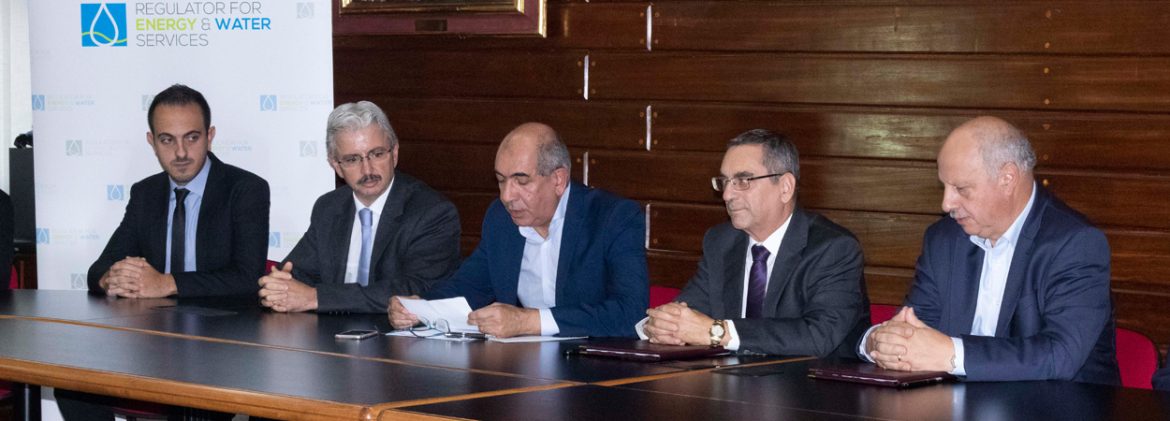
The Institute for Sustainable Energy at the University of Malta has just received a €100,000 grant from the Regulator for Energy and Water Resources to finance research on floating PV systems in open sea.
.
Solaqua 2.1 is the first (and up to this date, the only) experiment involving the testing of such PV systems in open sea and the project is critical because it will be establishing the economic and technical viability of this technology. Offshore panels tend to produce 3% more energy than similar land- based modules simply by being at sea.
.
The project is being led by Prof. Luciano Mule Stagno, Director of the Institute for Sustainable Energy within the University of Malta.
.
The technology for the project has already been developed and this collaboration will make it possible for the Institute to conduct experiments that will test the same technology by producing different prototypes and test them in large wave facility. The Institute is also in discussion with the University of Malta Intellectual property office about possible patents for the design.
.
The ultimate aim of this research is to launch a large (hundreds of kWp to MWp) farm in Maltese territorial water. If such a project meets the cost and power output targets, it would be possible to implement similar systems worldwide.
.
The funding of the project is being conducted through the Research Trust (RIDT) of the University of Malta and will be spread over two years.
.
Speaking during the signing of the agreement, Rector and RIDT Chairman Prof. Alfred J. Vella, said that he is pleased to note that the Institute at UM is making a difference and engaging in important research that could go a long way in helping Malta reach its target goals for renewable energy.
.
Minister Joe Mizzi, who was present at the signing of the agreement, congratulated the Regulator for its contribution to the project and revealed that over the coming weeks, representatives from Shanghai Electric would be visiting Malta to sign an MOU with Enemalta and possibly also the University of Malta for further research into renewable energy resources including the use of floating panels.
.
Ing Marjohn Abela, CEO at REWS reiterated the Regulator’s support to ongoing research in renewable energy and congratulated the University of Malta for attempting such innovative research and using the open sea as a potential platform for such PV panels Prof. Mule Stagno explained how the project has already attracted proof of concept funds from the Malta Council for Science and Technology and Take Off, and that once the technology has been positively demonstrated, the next step was to test the concept and to measure the maximum power output in different sea conditions.
Previous Article
LifeCycle Foundation Boosts Kidney Research Programme at University of Malta
in News on
